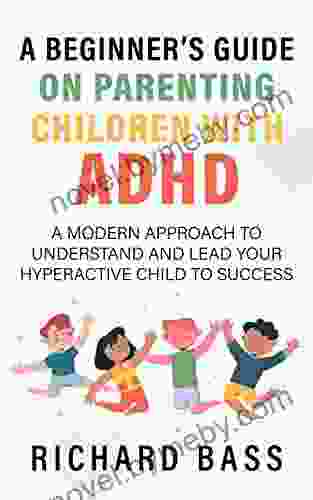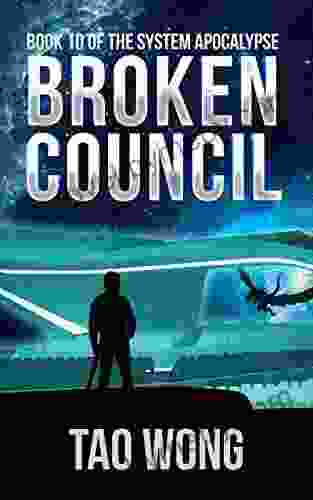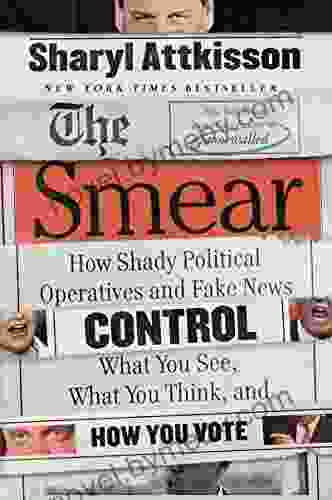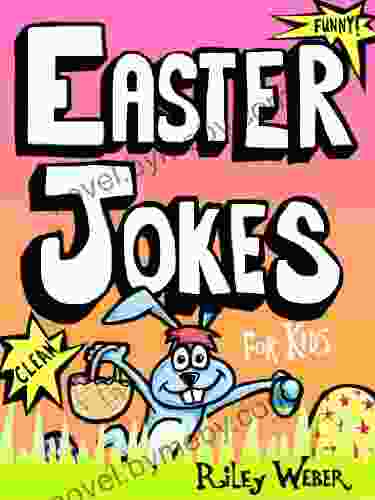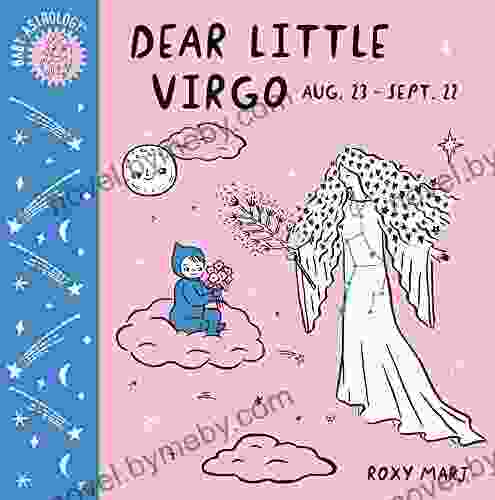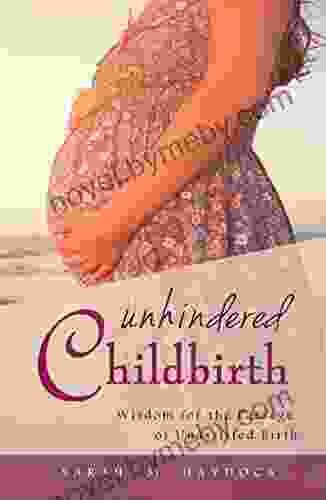Modern Approach to Understand and Lead Your Hyperactive Child to Success

: Embracing the Uniqueness
Hyperactive children, often diagnosed with Attention Deficit Hyperactivity DisFree Download (ADHD),possess a captivating blend of energy, creativity, and emotional intensity. While their behavior can sometimes pose challenges, it's important to recognize that these traits can also be channeled into remarkable strengths. This article will delve into a modern approach that empowers parents and educators to decipher the complexities of hyperactivity, fostering their child's cognitive, behavioral, and emotional growth.
4.7 out of 5
| Language | : | English |
| File size | : | 12635 KB |
| Text-to-Speech | : | Enabled |
| Screen Reader | : | Supported |
| Enhanced typesetting | : | Enabled |
| Word Wise | : | Enabled |
| Print length | : | 192 pages |
| Lending | : | Enabled |
Understanding the Neurodiverse Brain
To effectively support hyperactive children, it's crucial to comprehend the neurobiological underpinnings of their exceptional nature. Research indicates that individuals with ADHD exhibit differences in brain structure and function, particularly in areas responsible for attention, impulse control, and reward processing. These distinctions impact how they perceive, process, and respond to the world around them. By understanding these differences, we can tailor our parenting and educational strategies to meet their unique needs.
Cognitive Strategies for Enhanced Focus
Cognitive strategies play a vital role in empowering hyperactive children to manage their attention and minimize distractions. Techniques like:
- Chunking: Breaking down tasks into smaller, manageable segments.
- Visual aids: Utilizing charts, lists, and color-coding to improve organization and retention.
- Time-blocking: Allocating specific time slots for different activities, promoting structure and predictability.
- Mnemonics: Harnessing memory tricks to enhance recall and reduce cognitive load.
Behavioral Strategies for Reduced Impulsivity
Addressing impulsivity in hyperactive children requires a combination of patience, consistency, and positive reinforcement. Effective strategies include:
- Establish clear rules and boundaries: Setting clear expectations and consequences helps children develop self-control.
- Positive reinforcement: Rewarding desired behaviors fosters motivation and encourages children to repeat positive actions.
- Time-outs: Providing a calm space for children to regulate their emotions when impulsive behaviors arise.
- Sensory strategies: Incorporating weighted blankets, fidget toys, and movement activities to help children manage sensory overload.
Emotional Regulation Techniques for Improved Social Skills
Hyperactive children often struggle with emotional regulation, which can impact their social interactions. Techniques to enhance their emotional intelligence include:
- Emotional vocabulary: Expanding their vocabulary of emotions helps them identify and express their feelings more effectively.
- Social skills training: Teaching them appropriate social behaviors, such as active listening, turn-taking, and empathy.
- Mindfulness exercises: Practicing mindfulness techniques like deep breathing and meditation promotes self-awareness and reduces stress levels.
- Empathy games: Engaging in activities that foster empathy and understanding of others' perspectives.
Empowering Parents: A Support System for Growth
Parents of hyperactive children play a pivotal role in their journey towards success. By adopting a collaborative and empowering approach, they can:
- Seek expert guidance: Consulting with healthcare professionals, educators, and therapists ensures a comprehensive understanding and tailored support.
- Create a supportive home environment: Providing a structured and predictable routine, minimizing distractions, and establishing clear boundaries fosters a sense of safety and well-being.
- Foster open communication: Encourage open and honest communication with their child, allowing them to express their thoughts and feelings without judgment.
- Celebrate strengths: Recognizing and celebrating their child's unique strengths and abilities boosts their self-esteem and motivation.
Educators as Allies: Unlocking Potential in the Classroom
Educators play a crucial role in creating an inclusive and supportive learning environment for hyperactive children. Strategies for success include:
- Differentiated instruction: Adapting teaching methods to cater to their individual learning styles and strengths.
- Movement breaks: Incorporating physical activity into the classroom to help them regulate their energy levels and improve focus.
- Visual aids and assistive technology: Utilizing visual aids, assistive technology, and multi-sensory approaches to enhance learning.
- Positive reinforcement: Recognizing and rewarding effort, progress, and desired behaviors fosters a sense of accomplishment and motivation.
: A Path to Success
Guiding hyperactive children towards success requires a multifaceted approach that embraces their unique strengths and challenges. By implementing the modern strategies outlined in this article, parents and educators can empower these vibrant individuals to reach their full potential. Remember, hyperactivity is not a limitation but a tapestry of remarkable traits that, with the right support, can lead to extraordinary achievements.
4.7 out of 5
| Language | : | English |
| File size | : | 12635 KB |
| Text-to-Speech | : | Enabled |
| Screen Reader | : | Supported |
| Enhanced typesetting | : | Enabled |
| Word Wise | : | Enabled |
| Print length | : | 192 pages |
| Lending | : | Enabled |
Do you want to contribute by writing guest posts on this blog?
Please contact us and send us a resume of previous articles that you have written.
 Book
Book Novel
Novel Page
Page Chapter
Chapter Text
Text Story
Story Genre
Genre Reader
Reader Library
Library Paperback
Paperback E-book
E-book Magazine
Magazine Newspaper
Newspaper Paragraph
Paragraph Sentence
Sentence Bookmark
Bookmark Shelf
Shelf Glossary
Glossary Bibliography
Bibliography Foreword
Foreword Preface
Preface Synopsis
Synopsis Annotation
Annotation Footnote
Footnote Manuscript
Manuscript Scroll
Scroll Codex
Codex Tome
Tome Bestseller
Bestseller Classics
Classics Library card
Library card Narrative
Narrative Biography
Biography Autobiography
Autobiography Memoir
Memoir Reference
Reference Encyclopedia
Encyclopedia Richard Ives
Richard Ives Valentina White
Valentina White Liesl Shurtliff
Liesl Shurtliff William H Davidow
William H Davidow Tony Rose
Tony Rose Sarah Culberson
Sarah Culberson Simon Rimmer
Simon Rimmer Raymond G Miltenberger
Raymond G Miltenberger Ricki E Kantrowitz
Ricki E Kantrowitz Subroto Bagchi
Subroto Bagchi Philip Warner
Philip Warner Rockwell Kent
Rockwell Kent Rei Toma
Rei Toma Robert Miraldi
Robert Miraldi Rolf Dobelli
Rolf Dobelli Sally Fallon Morell
Sally Fallon Morell Rahna Reiko Rizzuto
Rahna Reiko Rizzuto Rose Marie Beebe
Rose Marie Beebe Sally Blake
Sally Blake Theo Coster
Theo Coster
Light bulbAdvertise smarter! Our strategic ad space ensures maximum exposure. Reserve your spot today!

 Demetrius CarterUnveiling the Untold Story: Daughters of the Faith - A Historical Novel...
Demetrius CarterUnveiling the Untold Story: Daughters of the Faith - A Historical Novel... Logan CoxFollow ·18.8k
Logan CoxFollow ·18.8k Kazuo IshiguroFollow ·9.3k
Kazuo IshiguroFollow ·9.3k Mario Vargas LlosaFollow ·11.9k
Mario Vargas LlosaFollow ·11.9k Liam WardFollow ·19.1k
Liam WardFollow ·19.1k Doug PriceFollow ·13.7k
Doug PriceFollow ·13.7k Forrest ReedFollow ·8.8k
Forrest ReedFollow ·8.8k Deacon BellFollow ·5.8k
Deacon BellFollow ·5.8k José MartíFollow ·4.7k
José MartíFollow ·4.7k
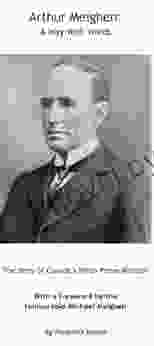
 Mike Hayes
Mike HayesArthur Meighen: A Life in Politics
Arthur Meighen was one of Canada's most...
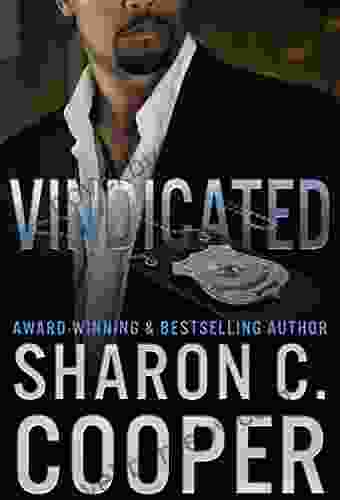
 Bryan Gray
Bryan GrayVindicated: Atlanta's Finest
In the heart of Atlanta, a...

 Houston Powell
Houston PowellHis to Defend: A Captivating Legal Thriller That Will...
An Unforgettable...
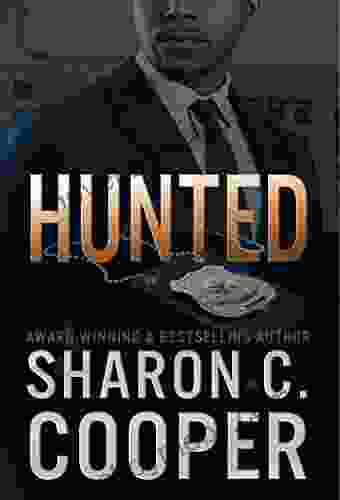
 John Green
John GreenUncover the Riveting Tale of "Hunted: Atlanta Finest" - A...
Prepare yourself for a...
4.7 out of 5
| Language | : | English |
| File size | : | 12635 KB |
| Text-to-Speech | : | Enabled |
| Screen Reader | : | Supported |
| Enhanced typesetting | : | Enabled |
| Word Wise | : | Enabled |
| Print length | : | 192 pages |
| Lending | : | Enabled |


